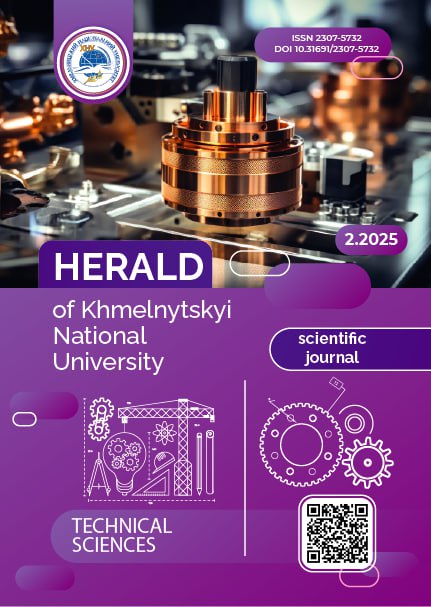METHODS FOR INTEGRATING ARTIFICIAL INTELLIGENCE AND KNOWLEDGE ENGINEERING INTO AUTOMATON-BASED REAL-TIME SOFTWARE SYSTEMS
DOI:
https://doi.org/10.31891/2307-5732-2025-349-42Keywords:
artificial intelligence, automaton-based systems, real-time applications, AI-powered chatbots, Azure OpenAI, knowledge engineeringAbstract
The continuous evolution of software systems necessitates the integration of Artificial Intelligence (AI) and knowledge engineering to enhance automation, adaptability, and real-time decision-making. Traditional software solutions often struggle to meet the increasing demands for dynamic, autonomous, and intelligent functionalities, particularly in real-time applications where responsiveness and contextual awareness are critical. This paper explores the development of AI-enhanced automated software systems, focusing on their implementation in environments that require high levels of interaction and adaptability. The proposed approach leverages cloud-based AI services, particularly Azure OpenAI, to enhance system responsiveness through the integration of advanced natural language processing (NLP), dialogue management, and decision-making algorithms. By utilizing AI models such as generative pre-trained transformers (GPT), the system is capable of understanding complex user queries, maintaining contextual coherence in conversations, and autonomously executing tasks with minimal human intervention. A key aspect of this research is the architectural framework designed to facilitate seamless interaction between AI components and external systems, ensuring real-time data processing and decision optimization. One of the core contributions of this study is demonstrating how AI-driven automation can significantly enhance the efficiency and reliability of real-time software applications. Case studies and examples illustrate the practical implementation of these technologies in enhancing user experience and operational efficiency. Evaluation metrics encompass performance indicators for AI-driven functionalities, ensuring scalability and reliability in dynamic environments. The paper also discusses future development prospects and potential challenges in the field, emphasizing the need for continuous adaptation and improvement of AI-driven software systems in line with modern technological trends and user requirements.
Downloads
Published
Issue
Section
License
Copyright (c) 2025 ДМИТРО НІКІТІН, ВІРА ГОЛЯН (Автор)

This work is licensed under a Creative Commons Attribution 4.0 International License.

